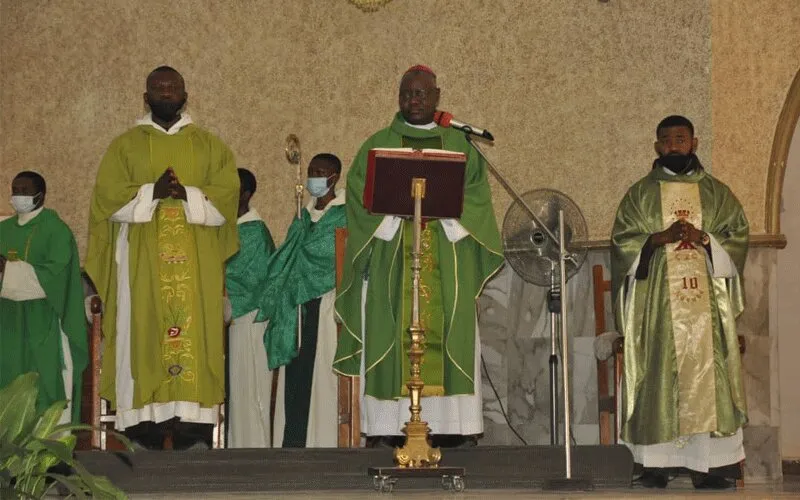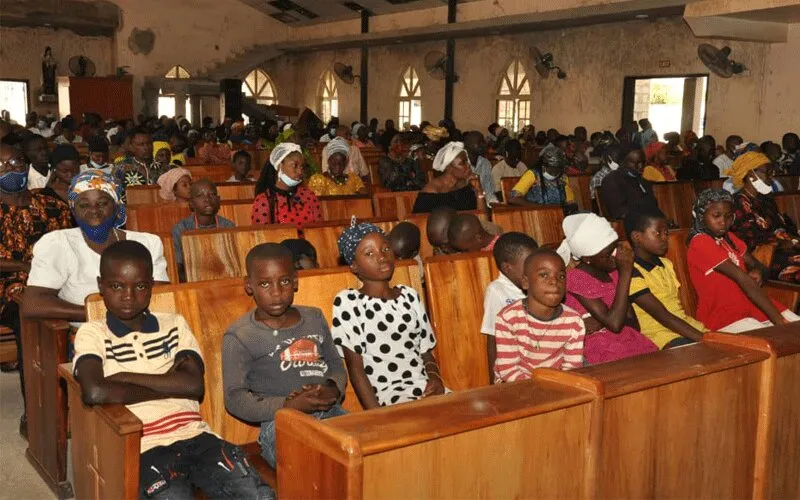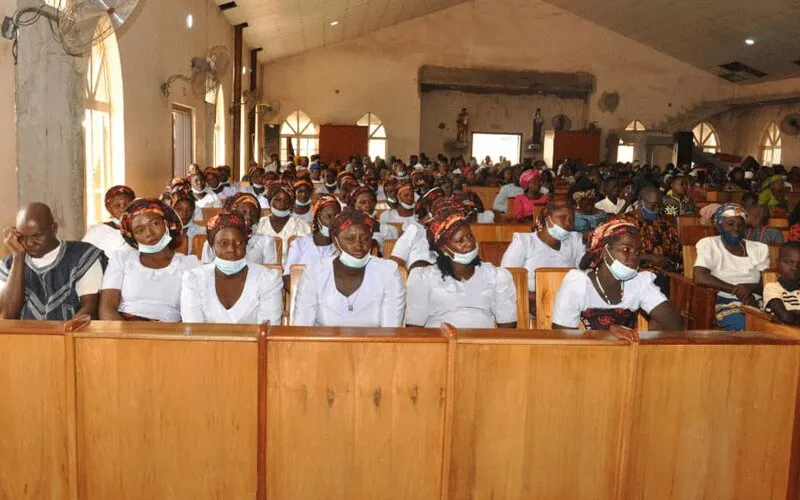Abuja, 10 November, 2020 / 8:47 pm (ACI Africa).
A Prelate at Nigeria’s Archdiocese of Abuja has encouraged young people who are weighed down by the tough economic times not to despair but to hold onto the hope for a better tomorrow.
In his Sunday, November 8 homily at Christ the King Parish of Nigeria’s Abuja Archdiocese, Archbishop Ignatius Kaigama addressed himself the youth saying, “To all our young people who are aggrieved and dissatisfied with their socio-economic conditions, I enjoin you not to give in to despair. Do not let your hope of a better tomorrow die off.”
“Put your hope in Jesus who never fails. It is better to die hoping than to die hopeless,” Archbishop Kaigama said, and added in reference to the second letter of St. Paul to Thessalonians, “Remember also the exhortation, if anyone is not willing to work, let him not eat.”

Making reference to the Sunday Gospel reading about the 10 virgins, the Archbishop said that the parable was an invitation to prepare for death, judgment, heaven and hell.










